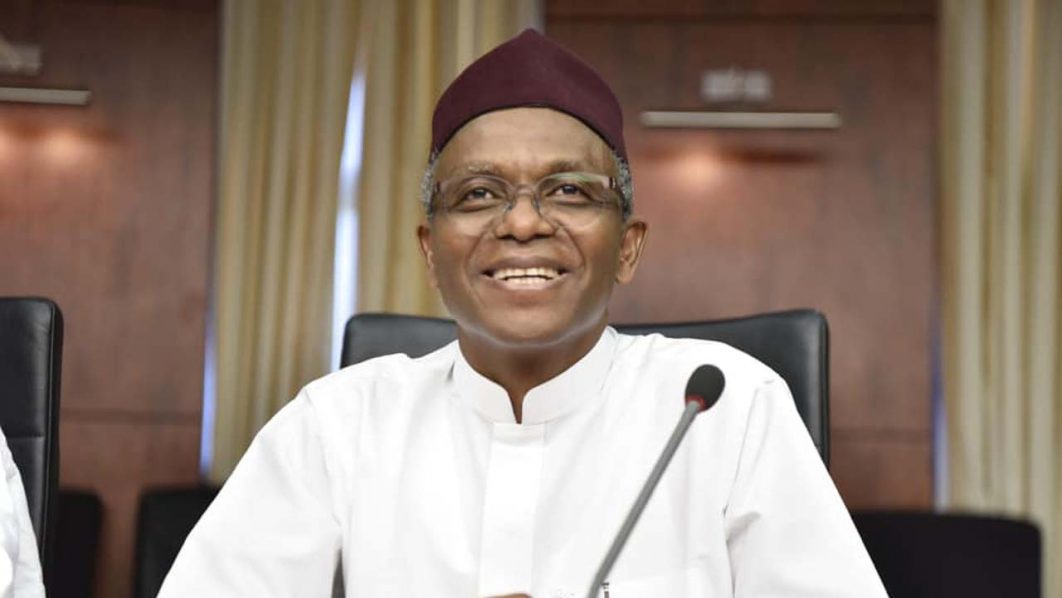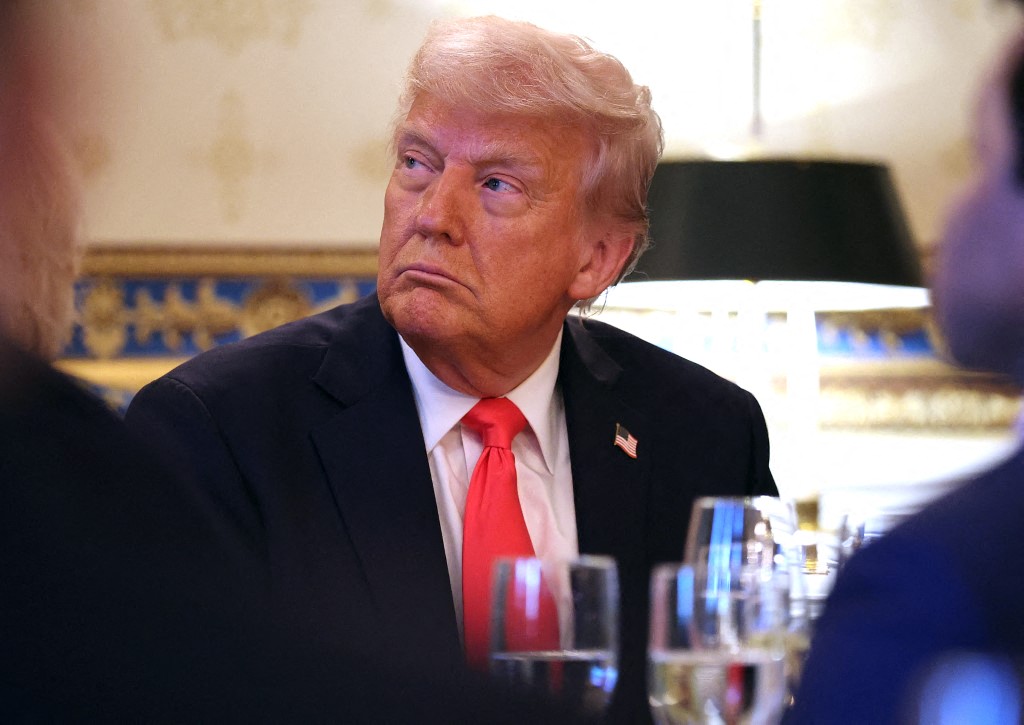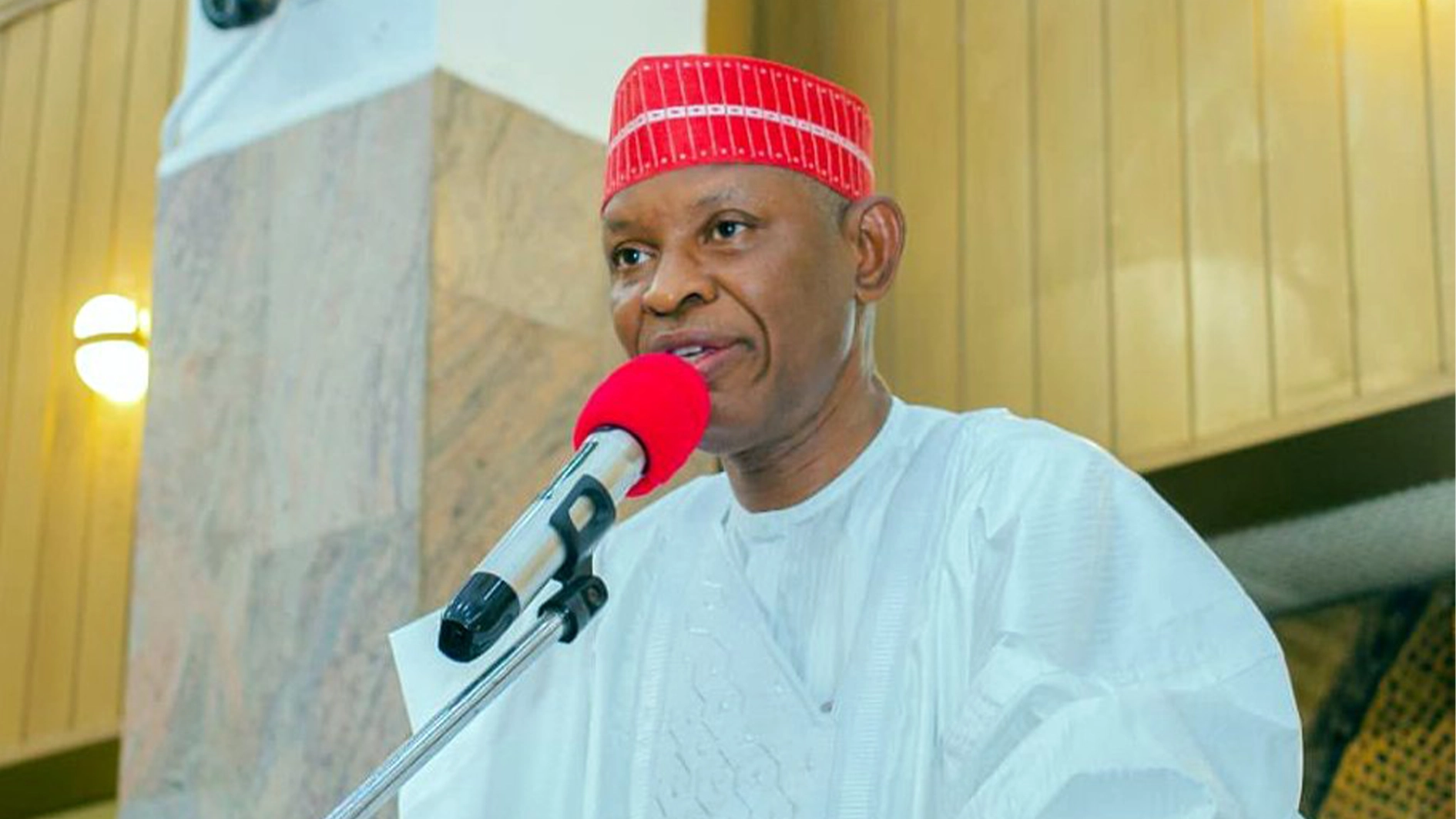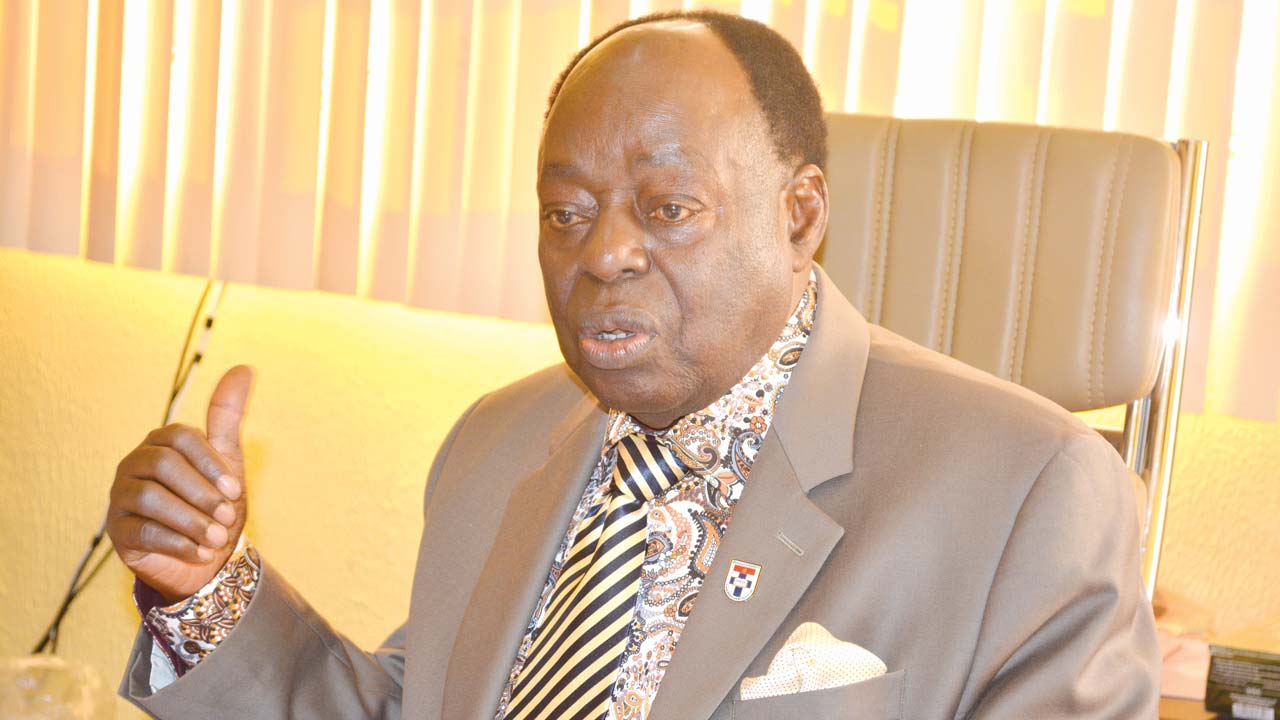
The Nigerian political landscape is heating up, and unsurprisingly so, given the intrigues and power struggles leading up to the 2027 elections. One of the most notable figures re-emerging in the political discourse is former Kaduna State Governor, Nasir El-Rufai, whose recent outspokenness has drawn both curiosity and controversy.
For months, El-Rufai maintained a conspicuous silence following his failed ministerial confirmation in the Bola Tinubu administration, allegedly due to security concerns. However, his sudden return to the spotlight has coincided with the Kaduna State House of Assembly’s probe into debts incurred during his tenure—running into billions of naira—as well as reports of silent infighting between him and the current governor, Uba Sani.
More intriguingly, his recent engagements with opposition figures, some of whom were once his political allies before bitter fallouts, suggest a recalibration of political alliances ahead of 2027.
But beyond the personal politics surrounding El-Rufai, the bigger question is whether Nigerians should focus on the messenger or the message. His recent critique of the political system, particularly regarding the selection of leaders within the ruling All Progressives Congress (APC), is a reality many observers have long acknowledged. He argued that leadership recruitment at all levels—local, state, and federal—remains poor and that internal party democracy is stifled, with major decisions often hinging on the preferences of “Baba,” a veiled reference to the president.
While critics argue that El-Rufai’s current complaints stem from his exclusion from the power structure, his message raises fundamental concerns about democratic governance in Nigeria. Many recall his own tenure as governor, which was marked by allegations of intolerance, divisiveness, and suppression of civic space.
Some now see his predicament as a taste of his own medicine. However, dismissing his message simply because of his controversial past would be missing the point. If the ruling party continues to operate as a closed circle where power is concentrated in the hands of a few, then the democratic process remains at risk.
A fragmented opposition
Beyond the internal struggles of the APC, Nigeria’s opposition parties—the Peoples Democratic Party (PDP), Labour Party (LP), and the New Nigeria Peoples Party (NNPP)—find themselves in disarray. With the next general election less than two and a half years away, their continued factional crises and lack of clear direction threaten their chances of mounting any serious challenge to the ruling party.
Rather than positioning themselves as viable alternatives, opposition parties have become embroiled in endless disputes, sometimes dismissing their internal crises as “manufactured” by the ruling party. Regardless of the source, these distractions prevent them from consolidating their support base and articulating coherent policy alternatives. If they are to stand any chance in 2027, they must begin the arduous task of uniting, defining clear ideological positions, and engaging Nigerians beyond election cycles.
Elections are not won on polling day alone; they are won through years of grassroots mobilisation, strategic coalition-building, and effective messaging. The ruling APC, despite its internal contradictions, still appears more structured than the fragmented opposition. If the PDP, LP, and NNPP fail to close their ranks and present a strong, unified front, the road to 2027 may be yet another easy victory for the incumbents.
The urgency of now
The key challenge now is whether the opposition recognises the urgency of this moment. The time for strategising is now, not months before the elections. They must move beyond mere rhetoric and build a solid political structure that can withstand the weight of Nigeria’s intricate electoral process. This means expanding their grassroots reach, crafting clear policy differentiations, and offering credible alternatives to voters.
More importantly, democracy in Nigeria must not be reduced to a one-party dominance where internal dissent is stifled, and political decisions are dictated by a few powerful figures. For democracy to thrive, there must be robust competition, genuine internal democracy within parties, and a system that prioritises competence over patronage.
As 2027 draws closer, the question remains: will the opposition get its act together in time, or will the ruling party maintain its dominance by default? The coming months will provide the answer.
Eromosele wrote from Lagos Nigeria.






